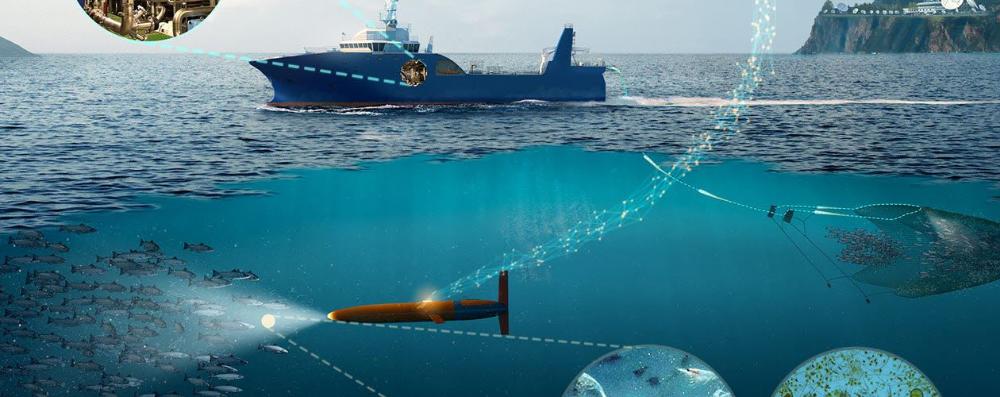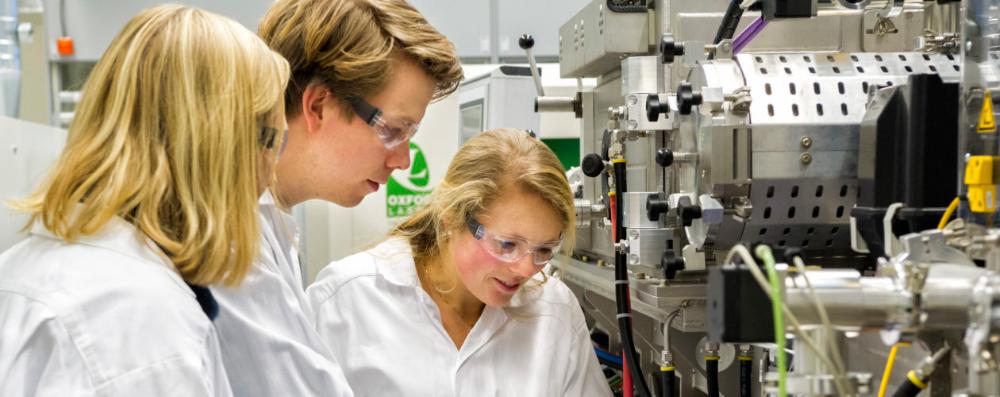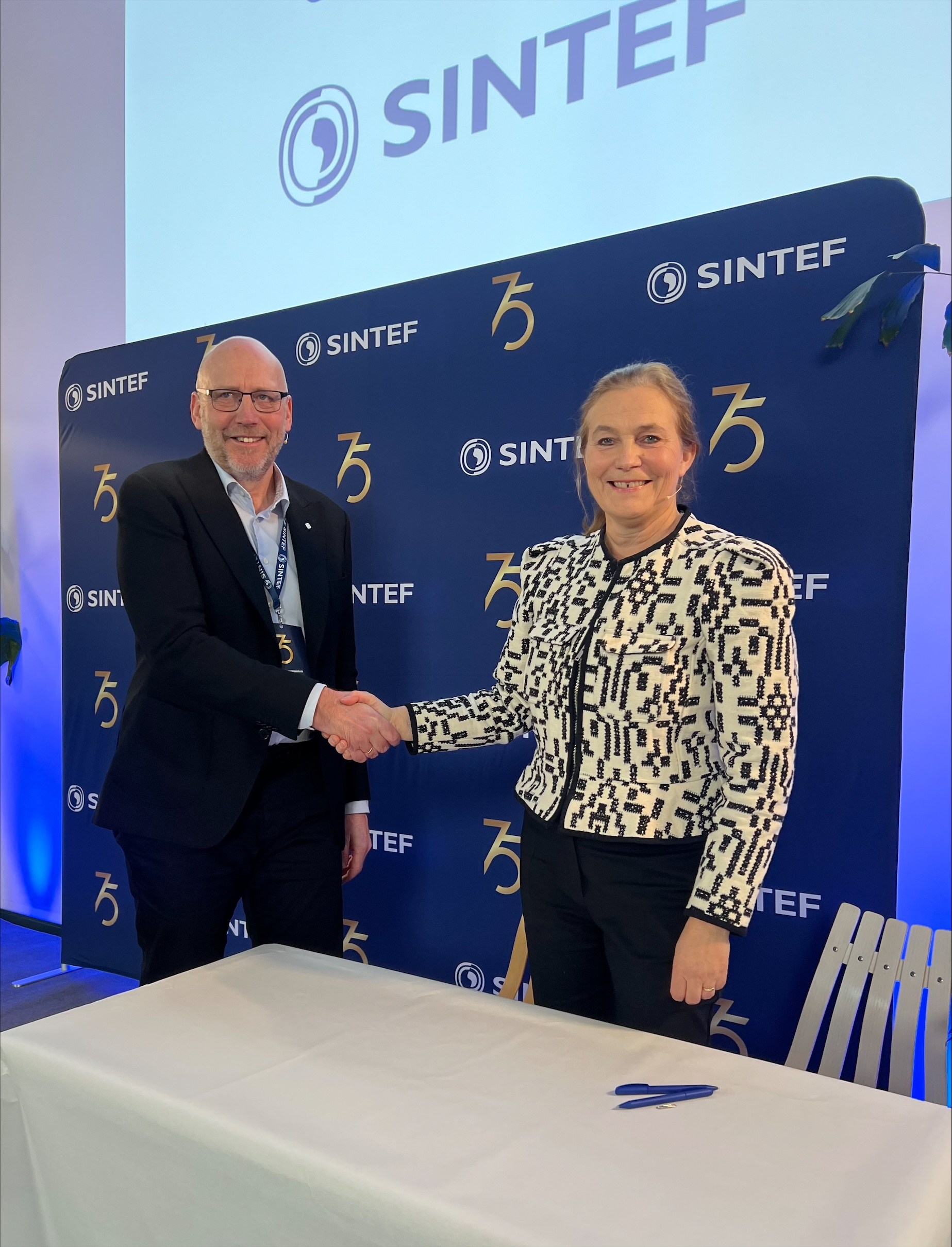Better together
NTNU and SINTEF
The partner institutions have collaborated closely since SINTEF was established in 1950. Today, employees produce more than 450 scientific articles together. NTNU and SINTEF jointly operate several laboratories and participate in 27 national research centres. More than 50 Gemini Centres cooperate at a professional level. 50 employees at SINTEF have an additional position at NTNU and 460 NTNU employees are commissioned by SINTEF.

Gemini Centres
NTNU and SINTEF have established a wide range of Gemini Centres. Scientific groups with parallel interests coordinate their scientific efforts and jointly operate their resources.

Centres for Research-based Innovation (CRI)
The Centres for Research-based Innovation (CRI) scheme was established by the Research Council of Norway in 2006. NTNU and SINTEF work together in several CRI centres.

Centres for Environment-friendly Energy Research (CEER)
The Centres for Environment-friendly Energy Research (CEER) conduct long-term research at a high international standard, with the aim of tackling energy-related challenges. NTNU and SINTEF work together in several CEER centres.
Objective of the cooperation
- NTNU and SINTEF collaborate strategically on the development of businesses at all relevant levels and disciplines.
- The cooperation should be characterized by a fundamental mutual respect for each other's tasks and individualities, combined with an understanding of each other's roles and framework conditions.
- The collaboration between the research groups in NTNU and SINTEF is the foundation of the relationship and is to be optimized as part of the Better Together process.
- When relevant, NTNU and SINTEF will cooperate on centres of excellence such as SFIs (Centres for Research-Based Innovation) and FMEs (Centres for Environment-friendly Energy Research) as well as SFF (Norwegian Centres of Excellence). Cooperation should be based on complementarity, practical benefits and predictability.
- NTNU and SINTEF will collaborate on long-term positioning in relation to EU instruments and to win in the competition for EU funds.
- NTNU and SINTEF will strengthen cooperation to supervise doctoral candidates that society needs.
- The parties will collaborate strategically on research infrastructures as a basis for outstanding research. Cooperation on first-class laboratories will help solve major societal challenges and develop Norwegian business. Cooperation should be based on certainty and predictability.
- NTNU and SINTEF will collaborate on providing clear and unambiguous research and innovation policy advice.

Agreement

Monday, February 27, 2025, CEO Alexandra Bech Gjørv and Rector Tor Grande signed a new collaboration agreement between their two institutions. The agreement was signed as SINTEF celebrated its 75th anniversary
